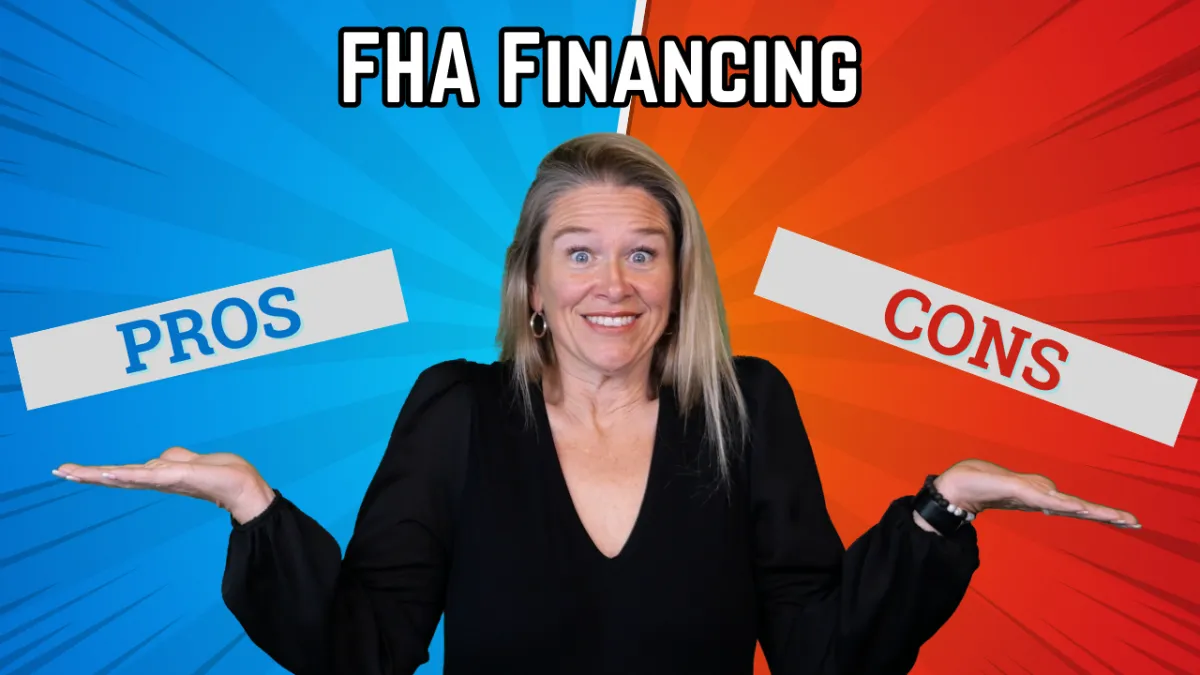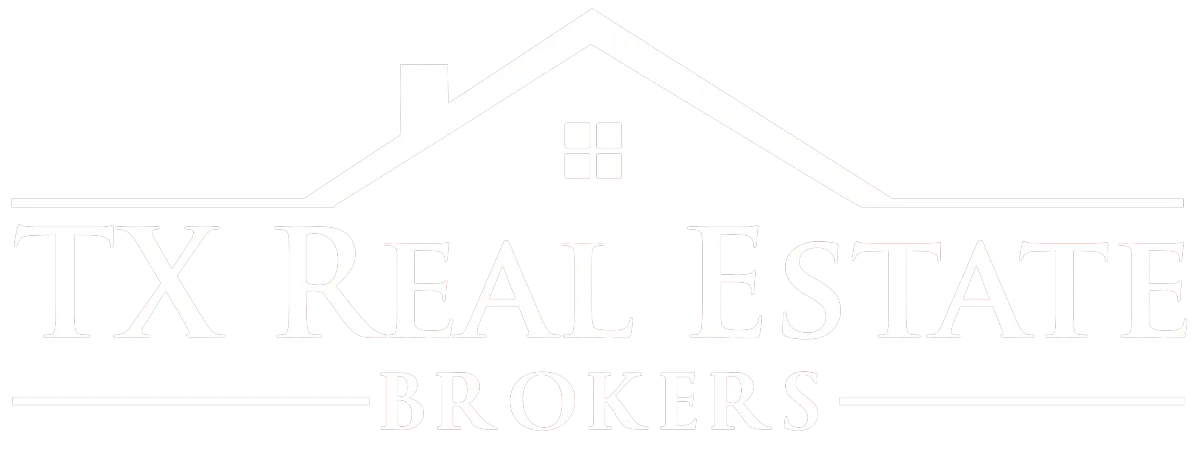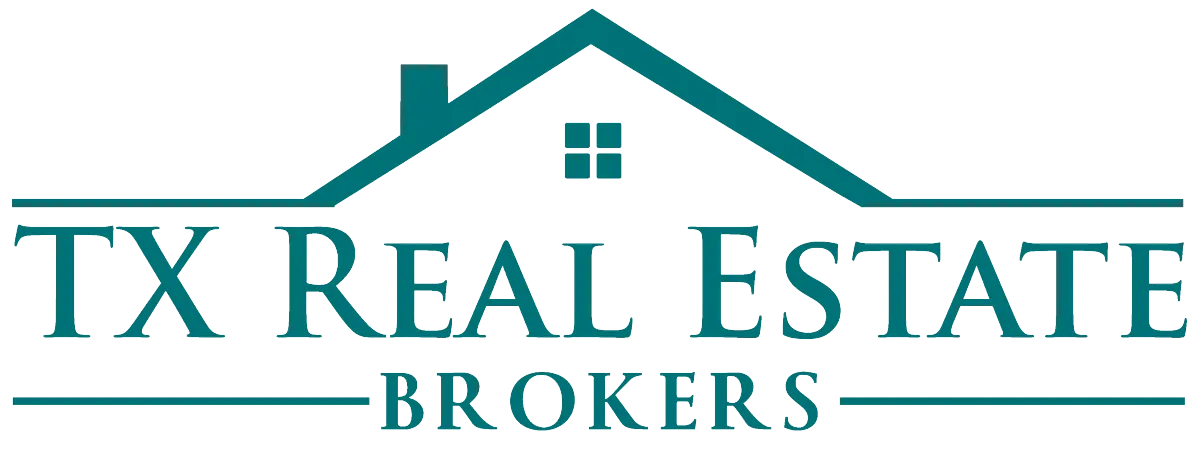BLOGS

Pros and Cons of Using FHA Financing for Home Buyers
When it comes to financing options for home buyers, FHA (Federal Housing Administration) loans have gained popularity for their unique advantages. If you're considering FHA financing, it's essential to understand the pros and cons associated with this type of loan. In this blog post, we'll delve into the benefits and drawbacks of FHA financing, helping you make an informed decision for your home purchase.
With that said, here are 4 Pros to FHA financing 👍
1. Low Down Payment
FHA loans offer a significant advantage with their low-down payment requirement. Buyers can secure a home with as little as 3.5% down payment, making homeownership more accessible, particularly for first-time buyers who may have limited funds.
2. Lenient Credit Requirements
Unlike conventional loans, FHA loans are known for their more forgiving credit score requirements. Even if you have a lower credit score, you may still qualify for an FHA loan. This flexibility opens up opportunities for individuals with less-than-perfect credit histories to achieve homeownership.
3. Flexible Debt-to-Income Ratio
FHA loans allow for a higher debt-to-income ratio, which is beneficial for buyers with existing debts. This flexibility in the loan's underwriting process increases the chances of qualifying for an FHA loan, even if you have higher monthly debt obligations.
4. Government Backing
FHA loans are backed by the federal government, providing an extra layer of security for lenders. This backing encourages lenders to approve loans with lower credit scores and smaller down payments, offering buyers more options and opportunities for financing.
Now here are 4 Cons to FHA financing 👎
1. Mortgage Insurance Premiums (MIP)
One of the downsides of FHA financing is the requirement for mortgage insurance premiums (MIP). FHA loans mandate an upfront mortgage insurance premium (UFMIP) and an ongoing annual mortgage insurance premium (MIP). While these premiums protect lenders in case of borrower default, they increase the overall cost of the loan for the borrower.
2. Loan Limits
FHA loans have maximum loan limits determined by the government, varying based on the property's location. These limits may restrict buyers looking to purchase higher-priced homes in certain areas. If the desired property exceeds the FHA loan limit, buyers may need to explore alternative financing options.
3. Property Requirements
FHA loans have specific property requirements outlined in the FHA's Minimum Property Standards (MPS). These standards ensure the property meets safety, security, and livability criteria. If the property fails to meet these requirements, it may not be eligible for FHA financing, potentially limiting the available options for buyers.
4. Potential Seller Resistance
Sellers and listing agents may have concerns about FHA loans due to their perceived stricter appraisal and inspection requirements. This resistance could limit the pool of available properties for buyers seeking FHA financing or lead to more negotiation during the home buying process.
As a home buyer, it's crucial to weigh the pros and cons of FHA financing in relation to your specific circumstances and goals. Consult with a qualified mortgage professional who can provide personalized guidance and help you navigate the intricacies of FHA loans. With careful consideration and expert advice, you can make an informed decision and find the financing option that best suits your needs.

Got questions?
Contact Us
TXRE Brokers LLC dba
TX Real Estate Brokers
2804 Hunter Road San Marcos, TX 78666
Terms & Conditions • Privacy Policy








